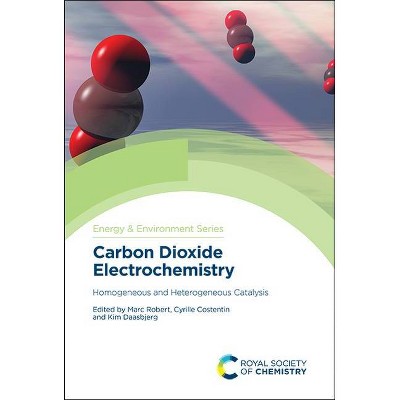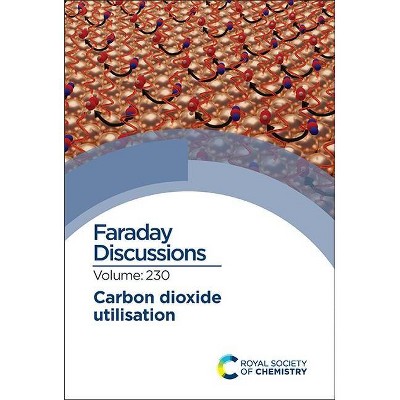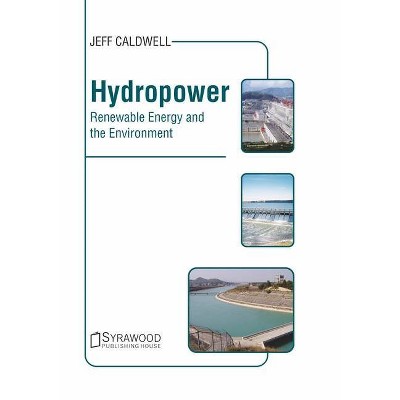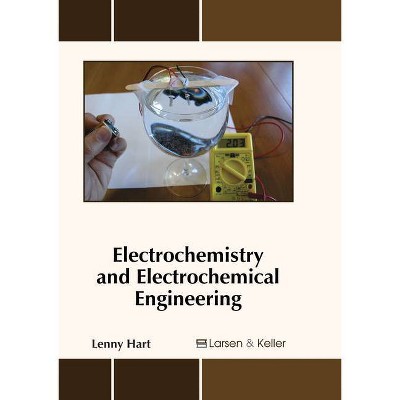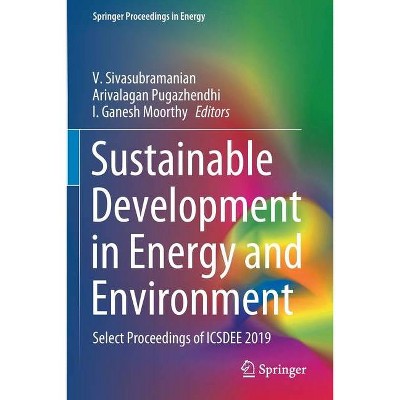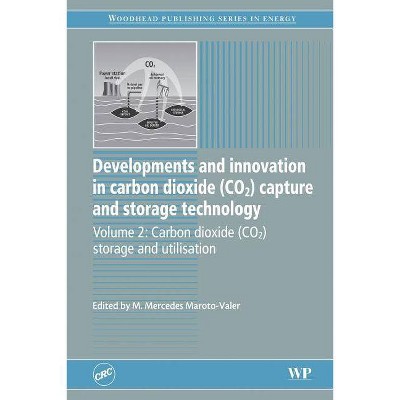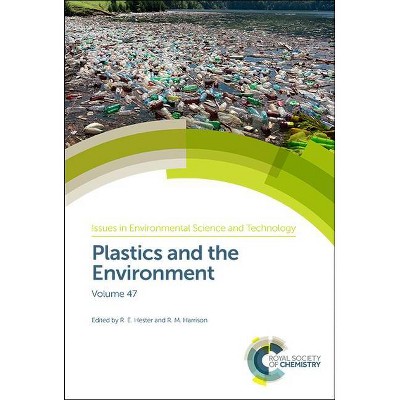Electrochemical Reduction of Carbon Dioxide - (Energy and Environment) by Frank Marken & David Fermin (Hardcover)
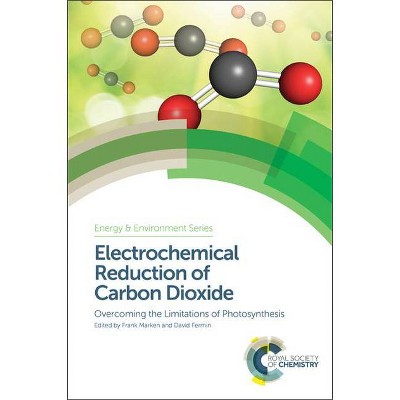
Similar Products
Products of same category from the store
AllProduct info
<p/><br></br><p><b> About the Book </b></p></br></br>Providing a comprehensive overview, this book is ideal for researchers and industrial chemists working in environmental science, electrochemistry and chemical engineering.<p/><br></br><p><b> Book Synopsis </b></p></br></br>One of the crucial challenges in the energy sector is the efficient capture and utilisation of CO2 generated from fossil fuels. Carbon capture and storage technologies can provide viable alternatives for energy intensive processes, although implementation of large-scale demonstrators remains challenging. Therefore, innovative technologies are needed that are capable of processing CO2 emission from a wide range of sources, ideally without additional fossil energy demand (e.g. solar driven or overcoming the limits of photosynthesis). This book covers the most recent developments in the field of electrochemical reduction of CO2, from first-principle mechanistic studies to technological perspectives. An introduction to basic concepts in electrochemistry and electrocatalysis is included to provide a background for newcomers to this field. This book provides a comprehensive overview for researchers and industrial chemists working in environmental science, electrochemistry and chemical engineering.<p/><br></br><p><b> From the Back Cover </b></p></br></br><p>One of the crucial challenges in the energy sector is the efficient capture and utilisation of CO2 generated from fossil fuels. Carbon capture and storage technologies can provide viable alternatives for energy intensive processes, although implementation of large-scale demonstrators remains challenging. Therefore, innovative technologies are needed that are capable of processing CO2 emission from a wide range of sources, ideally without additional fossil energy demand (e.g. solar driven or overcoming the limits of photosynthesis).</p> <p>This book covers the most recent developments in the field of electrochemical reduction of CO2, from first-principle mechanistic studies to technological perspectives. An introduction to basic concepts in electrochemistry and electrocatalysis is included to provide a background for newcomers to this field. This book provides a comprehensive overview for researchers and industrial chemists working in environmental science, electrochemistry and chemical engineering.</p><p/><br></br><p><b> About the Author </b></p></br></br><p>David Fermin is a Professor in the School of Chemistry at the University of Bristol, UK. He has over 15 years' experience in dynamic electrochemistry and photoelectrochemistry.</p> <p>Frank Marken is a Professor in the Department of Chemistry at the University of Bath, UK. His research interests lie in both the fundamental and applied aspects of electrochemistry.</p>
Price History
Price Archive shows prices from various stores, lets you see history and find the cheapest. There is no actual sale on the website. For all support, inquiry and suggestion messages communication@pricearchive.us
